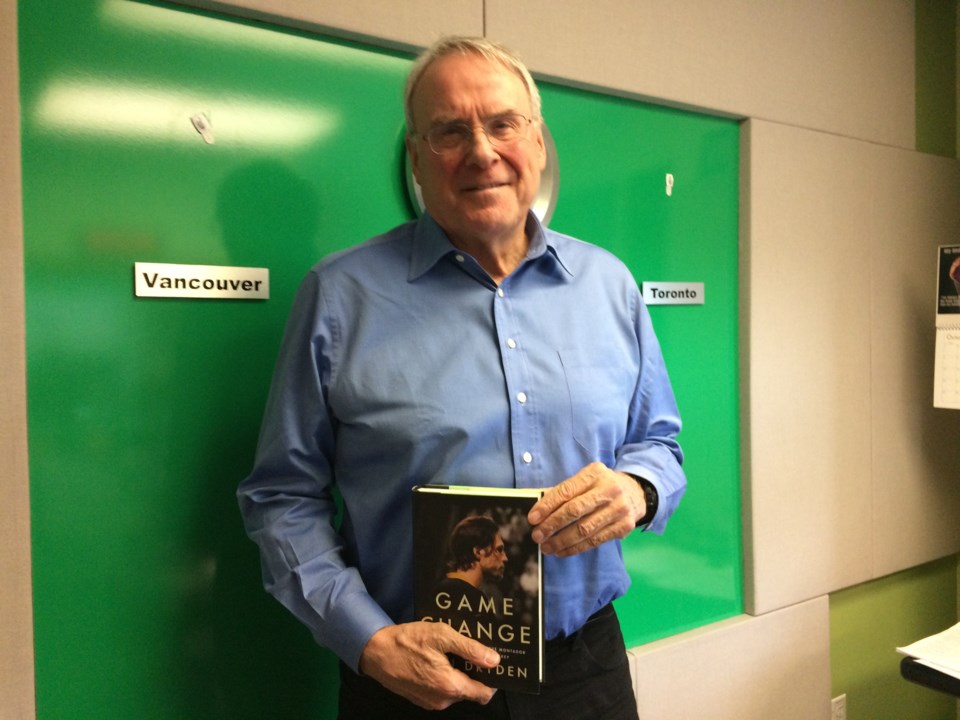OTTAWA – When Ken Dryden joined the National Hockey League, there were still goaltenders who chose not to wear a mask, despite the threat of a Bobby Hull slapshot smashing into their forehead.
By the time he retired in 1979, the NHL still hadn’t passed a rule requiring all newly signed players to don a helmet on the ice.
It was a different era, Dryden said, but the powers that be recognized there was a safety issue and made the necessary changes to improve player safety.
The hall-of-famer and former Liberal cabinet minister believes sport is at another critical juncture and is urging leadership in all contact sports, along with athletes and equipment manufacturers, take a long, serious look at the concussion problem and take the necessary steps to minimize the number of brain injuries that are occurring.
Dryden, who on Wednesday spoke to the House of Commons standing committee on sports related concussions in Canada, said it’s a critical time for sports and history won’t judge the current leadership kindly if something isn’t done to bring the concussion problem under control.
“You always get little things wrong. The question is what are the big things we are getting wrong that you can’t get wrong? And I think in sport it’s brain injuries,” Dryden said, reached by phone in Ottawa.
A lawyer who twice gave up his hockey career to practice, Dryden said just because something has always been done one way doesn’t mean it can’t change.
“Don’t focus on the notion that the game is the game and you can’t change the game. That’s an argument that purists love. But if you’re a purist, you must know the history of this game. But if you knew the history of this game, you would know that the game changes all the time,” Dryden said, pointing to a specific example.
“For the first 54 years that hockey was played, from 1875 to 1929, you could not pass the puck forward. You could only pass it laterally or back. That was how rugby was played.”
According to Statistics Canada, 64 per cent of all hospital emergency department visits among 10 to 18-year-olds are sports related. Of those admitted for a head injury, 39 per cent were diagnosed with concussions and an additional 24 per cent were possible concussions. Meanwhile soccer, football and hockey showed a 40 per cent increase in reported head injuries, relative to other injuries, over a 10-year period ending in 2014.
Dryden acknowledged sport administrators are often slowest to react, quick to cherry-pick studies that suggest things like chronic traumatic encephalopathy aren’t related to hits sustained on the ice or the gridiron.
He pointed to climate change and tobacco use as examples of areas where people hung onto beliefs for too long, and sometimes until it was too late.
Science can only do so much, Dryden said. Sports has to be willing to evolve.
“All that science can know is the best it can know at any moment … You as a decision-maker, what your responsibility is, is to take the best of what we know and apply it.”
Dryden encouraged the steering committee to not only listen to the experts, but to the athletes and equipment manufacturers, and be willing to make changes that will protect athletes of all ages.
“The problem is no longer one of awareness. There is plenty of awareness. The problem is sports decision-makers who don’t take this awareness, and act.”
